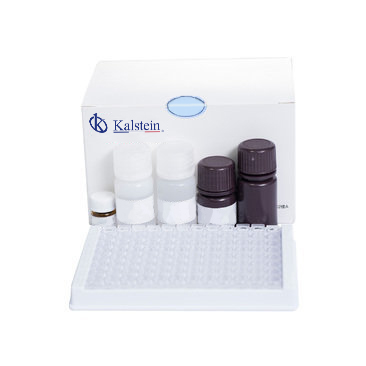Description
The Clinical Chemistry Reagents YRA1 and YRA14 are essential tools in laboratory settings, used for determining the content of biological samples, analyzing liver function, blood lipids, renal function, and more. These reagents follow industry-standard methods like the IFCC Recommendation and Immuno Turbidimetric assays, ensuring accurate and reliable results. Each model is designed for specific tests, including ALT, AST, GGT, and CRP, making them versatile in clinical diagnostics.
Market Price
In the competitive landscape of laboratory reagents, the pricing for Clinical Chemistry Reagents typically varies depending on the specific usage and volume needed. On average, you can expect the price range to be between $50 to $150 per box, with quantities and specialized reagents influencing this range. To get precise pricing tailored to your laboratory’s requirements, we invite you to request a quote through the Kalstein Plus platform.
Frequently Asked Questions
Q: What types of analyses can the YRA1 and YRA14 reagents perform?
A: These reagents are adept in performing a variety of analyses including liver function tests, lipid profiling, renal function, and more.
Q: Are these reagents compatible with all laboratory equipment?
A: They are compatible with most standard equipment used in clinical diagnostics, but it’s recommended to verify compatibility with specific models.
Advantages and Disadvantages
Advantages: The YRA1 and YRA14 offer high precision and reliability, following recognized methods for exact results. They provide a complete solution for an array of diagnostic tests in one package.
Disadvantages: These reagents require proper storage and handling, needing a controlled environment to maintain efficacy. Additionally, the specialized nature of some tests may not cover all required diagnostic parameters.
Usage of the Product in the Field
In practical scenarios, the reagents are employed in clinical laboratories for comprehensive patient diagnostics. They aid clinicians in evaluating liver enzymes, kidney function, and cardiovascular risk factors efficiently. Physicians rely on the accuracy provided by these reagents for informed treatment decisions.
Recommendations
For optimal performance, it is recommended to store these reagents in a temperature-controlled environment, away from direct sunlight. Regular calibration of laboratory equipment before use can prevent discrepancies in test results. For personalized assistance, connecting with our expert team via Kalstein Plus can facilitate an understanding of the best practices for these reagents.
Features
– Ensures precise diagnostic results for a variety of tests.
– Compatible with standard laboratory equipment.
– Designed for specific test parameters for targeted diagnostics.
Technical Specifications
| Model | Specification (713)/Box | Package/Box | Method | Reagent Test |
| YRA1 | R1:48mlx2 R2:12mlx2 | 120ml | IFCC Recommendation Method | ALT |
| YRA2 | R1:48mlx2 R2:12mlx2 | 120ml | IFCC Recommendation Method | AST |
| YRA3 | R1:48mlx2 R2:16mlx2 | 128ml | SZASZ Method | GGT |
| YRA4 | R:20mlx8 | 160ml | Bromocresol Green Method | ALB |
| YRA5 | R1:48mlx2 R2:12mlx2 | 120ml | Diazo 2, 4-2 chloro aniline colorimetric | TBIL |
| YRA6 | R1:48mlx2 R2:12mlx2 | 120ml | Vanadate oxidation method | TBIL |
| YRA7 | R1:48mlx2 R2:16mlx2 | 128ml | Enzymatic Cycling Assay | TBA |
| YRA8 | R1:48mlx2 R2:16mlx2 | 128ml | Urease – glutamate dehydrogenase enzyme hydrolysis | UREA |
| YRA9 | R1:48mlx2 R2:16mlx2 | 128ml | Enzymatic Assay Method | CREA |
| YRA10 | R1:48mlx2 R2:16mlx2 | 128ml | Enzymatic Assay Method | K |
| YRA11 | R1:48mlx2 R2:16mlx2 | 128ml | Enzymatic Assay Method | Na |
| YRA12 | R:20mlx8 | 160ml | Mercuric Thiocyanate Method | CI |
| YRA13 | R1:48mlx2 R2:16mlx2 | 120ml | IFCC Recommendation Method | CK-MB |
| YRA14 | R1:20mlx2 R2:20mlx2 | 80ml | Immuno Turbidimetric | CRP |


